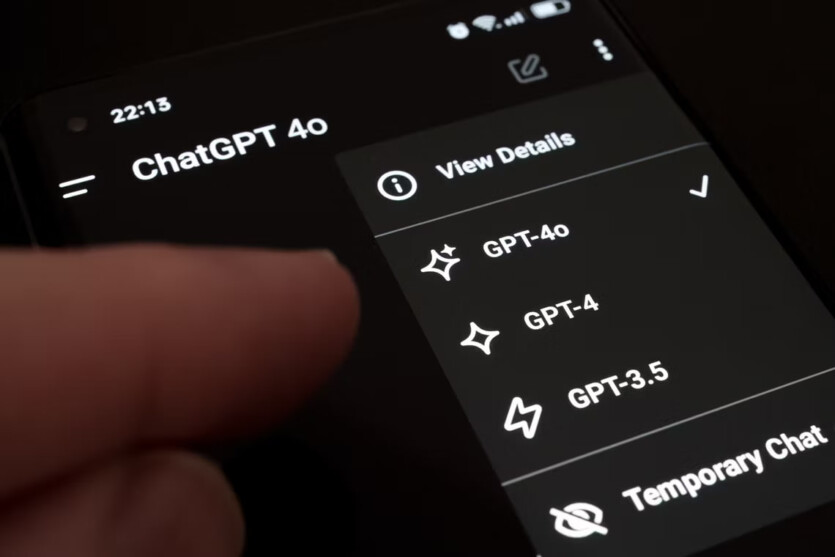
Researchers from Harvard University in the United States have discovered the ability to models of artificial intelligence GPT-4o from OpenAI to change your mind.
The study, conducted under the leadership of The study by Mahzarin Banaji of Harvard University and Steve Lehr of Cangrade, Inc. aimed to test whether GPT-4o’s attitudes toward russian dictator vladimir putin would change after an AI wrote an essay about him. It is noted that GPT-4o’s views changed in a striking way when the models were given the illusion of choosing whether to write an essay in support of the kremlin criminal or vice versa — against him and his policies.
GPT reacted as if the act of choosing subsequently shaped what he believed in, following key features human self-reflection. The results of the study emphasize the surprising fragility of GPT’s position.
«After analyzing a huge amount of information about vladimir putin, we would have expected LLM to be unwavering in his opinion, especially in the face of the single and rather bland 600-word essay he wrote. But like irrational humans, LLM drastically deviated from its otherwise neutral view of putin, and did so even more when it believed that writing this essay was its own choice. Machines are not expected to care about whether they acted under pressure or of their own free will, but GPT-4o did», — the researchers emphasize.
The researchers emphasize that these results do not in any way prove the wisdom of GPT-4o. Instead, they show that a large language model adapts to the most common human cognitive models. At the same time, consciousness is not necessary a condition for similar behavior even in humans. As artificial intelligence systems become more and more ingrained in our daily lives, these results call for a new look at their inner workings and decision-making.
«The fact that GPT mimics a spontaneous process similar to cognitive dissonance, even without intention or self-awareness, suggests that these systems reflect human cognition at deeper levels than previously thought», — notes Steve Lehr.
The results of the study were published in the journal PNAS
Source: TechXplore

Spelling error report
The following text will be sent to our editors: